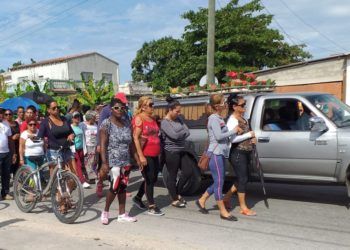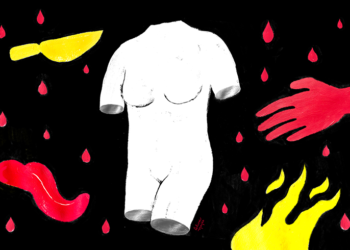Women’s “special periods” in Cuba
In March 1990 Fidel Castro gave the closing speech of the 5th Congress of the Federation of Cuban Women (FMC). He had done it many times before. But on that occasion he heralded a major change. In his speech he acknowledged that the country was on the threshold of a crisis: the Special Period in times of peace. There are some who say that we’re already in special period. We aren’t in a special period, but we are almost in a special period.... It’s something that we don’t want, something that we hope will not happen, but we have the elementary duty to draw up all our plans for such circumstances...we must be prepared for the worst circumstances.... I want you to know that the general principle ―and I will not give more ideas― would be, at least, that what we have we share among all. The women gathered there applauded. After such an announcement, the certainty that there would be an egalitarian and cooperative way out was appreciated. The crisis reached a country where poverty levels were low (6.6% in the mid-1980s) and the inequality index (Gini coefficient) was 0.24, one of the lowest in the region. The management...







